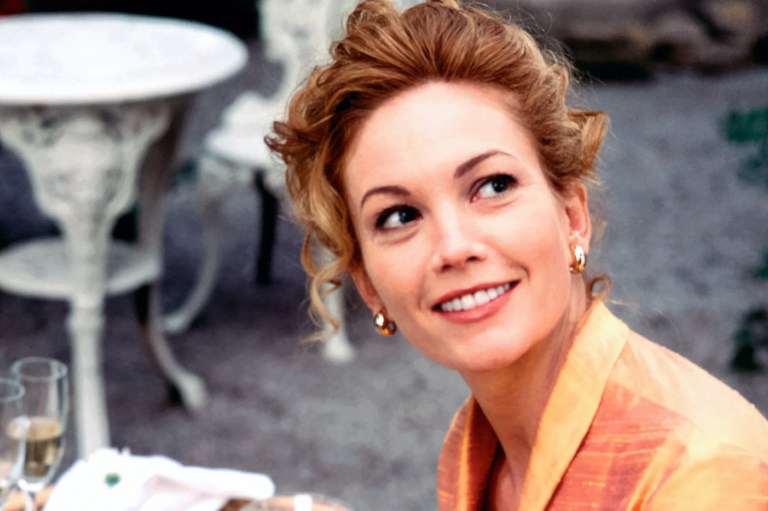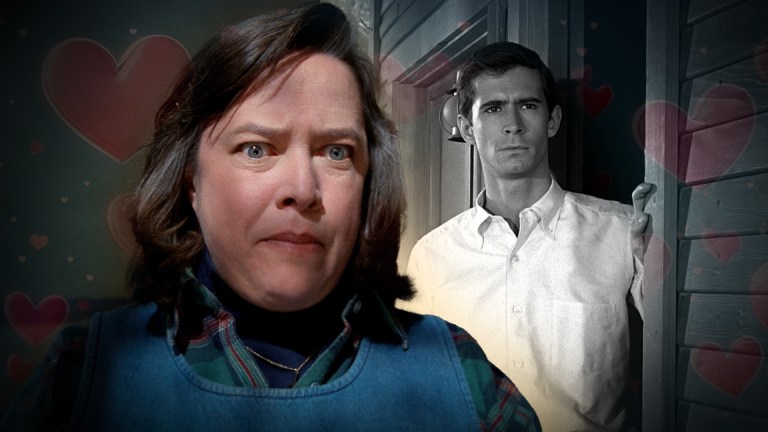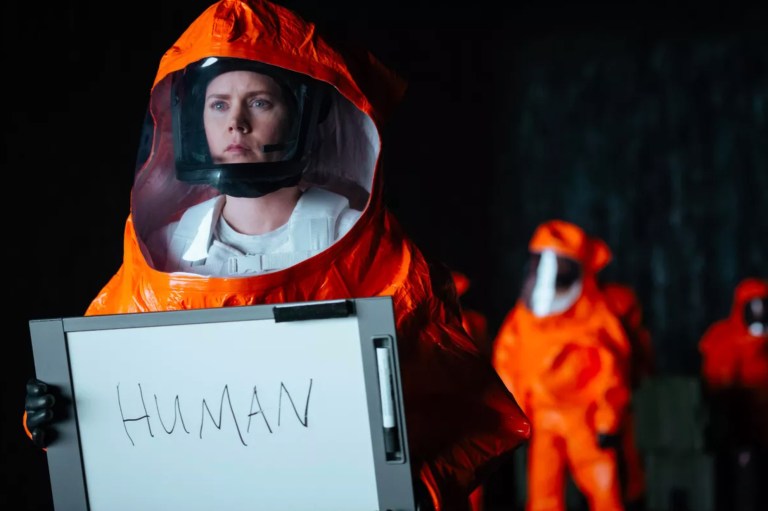
The Most Wonderful Time Of The Year (In The Most Terrible Time To Be Alive)
I am almost 30 years old, but I still wake up with a thrill on Christmas morning like I did when I was five. I’m not entirely sure if that’s due to some Pavlovian response or if that’s just the child in me responding to the twinkle of the Christmas tree. I like to get up earlier than everyone else and sit cross-legged on the living room floor, surrounded by the darkness except for the tree and the wash of light from a made-for-TV Christmas movie. It feels like a form of meditation, silent night bleeding into holy morning that only I am there to witness.
The feeling lasts for less and less time these days, though. Last year, after just twenty minutes, I began wondering when everyone else would awake. Maybe it’s just age, the natural progression of growing more cynical and less interested in childhood traditions. Or maybe it’s a sign of the times—Christmas just doesn’t really feel like Christmas anymore. The peace we always preach this time of year has run out.
***
These days, holidays remind me of my Aunt Dana. More specifically, they remind me that she’s not here anymore, that there will always be a gap at the dinner table that my grandmother always painstakingly decorates. Somehow, the gap has grown both bigger and less noticeable since she passed away in 2021.
Here’s the thing about Dana: She was larger than life. She had a laugh that could fill up every corner of the house. She loved any reason to celebrate, and she always did it fully. She searched for meaning in even the smallest crevices of everyday life. Unfortunately, sometimes she’d come across what we thought was just a crack but would end up being a rabbit hole she would inevitably fall into. It was tragic, though maybe not surprising, that one would eventually lead to her demise.
It was covid, in case you were wondering. It feels like, in those days, it was always covid. It’s hard to think about now, because no one really wants to remember those years. There are some rifts that never fully healed, some bridges we just can’t cross again.
The year before, in 2020, Christmas was a contentious subject in my family. Half had fallen victim to conspiracy theory campaigns and didn’t think the pandemic was a reason to forgo a large holiday gathering—Dana included. When I made it clear I wouldn’t be attending, my choice ultimately branded me as the year’s Grinch. I didn’t care too much. What was there to celebrate, anyway? In 2020, Christmas was not Christmas to me.
Less than a year later, Dana got sick. She spent a month in the hospital, and by Halloween, she was gone. Only days after her passing, it struck me that I had missed my last Christmas with her—but bizarrely, it had ultimately been what I had been trying to convince her to avoid that had killed her. Guilt and logic intermingled. I didn’t have the mental capacity to fully process the complexity of it.
I’m not sure any of us have processed it yet—not really. Too much has happened in the years she’s been gone. The pandemic has become a time that seems to exist in a vacuum—we compartmentalize it, tuck it away from all the other memories so we don’t have to remember the things we witnessed, the way we acted, the way we felt. In the curated timeline of our lives, we have carefully cut out what we no longer have the heart to remember.
But every December, I can’t ignore it anymore. The house is always too quiet. There is too much missing for the picture to ever feel complete. I miss the chaos of a Christmas fully celebrated. I miss the feeling of never knowing what it would be like to live without it.
***
In the month or so leading up to Christmas, I have a habit of playing holiday movies in the background of everything I do. I rarely pay that much attention to them—my brain has never had the willpower to multitask effectively. More than anything, it’s simply cheerful white noise, a salve for the end of year busyness that threatens to overwhelm me.
Recently, when I asked my friend what his favorite Christmas movie was, he responded, “The Hallmark ones.”
“Okay,” I said, only a little surprised, “but which one specifically?”
He shrugged. “They’re all kind of the same.” As if anticipating my judgment, he quickly added, “There’s just something nice about watching something and knowing how it’s going to end.”
The more I thought about it, the more I understood. I’ve never really cared for predictability, but in a world that seems to be becoming increasingly erratic, there’s comfort in following a formula. There is always a straightforward conflict, an obvious solution, a happy ending—all the things that feel so foreign to us these days.
After a pause, my friend added another layer to his answer: “My dad used to watch them a lot.”
I nodded solemnly—his father had passed away not even two years before. It made sense to me that he would use those movies they once watched together as a time machine, a portal to the past. Because, in a way, isn’t that what I do, too? Every year, I put on the same movies I’ve watched a hundred times. I listen to the familiar ebb and flow of plot, mouth along with the dialogue I know by heart. I don’t have to pay attention because I already know exactly how they go—from year to year, I may change, but they never do. And in those moments, maybe I don’t, either. I could be nine years old, waiting up for Santa Claus, or 29 years old, stressing over a work project I need to finish by the end of the week. When I’m watching a Christmas movie, time works differently—I can be any age I want to be, the world adrift in its holiday limbo for a brief few hours.
***
When I was a kid—probably four or five—my sister decided she wanted to put together a Christmas play. She had a vision she wanted to execute, one which included a scene where I’d have to sing “Silent Night”—a song I’d never actually heard before. In the hours leading up to the production, she led me to her room and handed me a plastic Christmas decoration that, when you pressed the button on top, played several verses of the song. After going through them with me once, she shut the door behind her, leaving me alone to listen to the song on repeat until I memorized the words.
To this day, I still find myself singing the song quietly under my breath at the most random times. Silent night, holy night, all is calm, all is bright. The lyrics remind me of those early Christmas mornings alone, when the world still feels quiet, peaceful. No matter the time of year, it brings my scattered mind a strange sense of stillness.
No moment ever truly feels silent anymore, though. There is so much noise, too much noise, and I never know how to escape it. My phone screen constantly lights up with messages and notifications. The news cycle moves so quickly that I cannot process one thing before I’m forced to confront the next. I can hardly get online without coming across something that is viscerally upsetting. Even if I threw out my phone, my computer, my TV, my brain no longer knows how to shut off. There is too much rattling around inside of it, thoughts and memories and anxieties lying in wait for their moment to take the limelight. Has it always been like this? Maybe. Maybe it’s just that now I give in so much to all of that other noise that I don’t give myself much time to notice the rest.
Last December, during my annual physical, my doctor asked if I wanted to wean off my anxiety medication. “It’s just something I like to ask patients after they’ve been on it for a certain period of time, especially if the original stressors have gone away,” he explained to me.
My response was immediate: “No, thanks.”
He glanced up at me curiously. “And can I ask the reason why?”
I thought for a moment, but there were no words that quite encapsulated the immensity of everything, so instead I gesticulated into the air in front of me vaguely.
He nodded. He wrote the prescription. He understood, in the way we all seem to, what that gesture meant. In a time where words never seem to be enough, we all speak the same unspoken language.
***
I want to be the kind of person who doesn’t ruminate this way. I want to be the kind of person who can fully appreciate a moment without letting it drown in all the other layers. I want to be the kind of person who can still love Christmas the way I did when I was a kid, when everything had a glittery sheen, when I truly believed the world became a softer place in time for the holidays.
Maybe that’s part of the reason I still lean into the season as much as I can. I’ve never been much of a traditionalist, but I make an excuse for Christmas. I go through the motions as if it’s an obligation—I watch the movies, I decorate the tree, I make three or four batches of cookies, I painstakingly wrap every gift. I tip better than usual and I try to be kinder; I make time for the people I can, even when I don’t have much to spare. I do my best, if not for myself, then for everyone else around me.
It’s something I inherited from my mother, I think—after a childhood of disastrous family holidays, she always made an effort to make this time of year feel magical for me. She stressed its importance not through words but actions—by decorating every corner of the house, by teaching me to bake a new dessert every December, by picking out the perfect gifts and making it seem effortless. Through these annual rituals, diligently and dutifully, she tried to make the holidays better for her own children. I don’t have kids to pass that on to, but I do feel the need to give the same to her, and to the rest of my family, and to everyone I come into contact with.
In the movie Elf, the mantra at Santa’s Workshop is: “The best way to spread Christmas cheer is for singing loud for all to hear.” By the end of the film, it worked out well for them, but I’m not so sure about how that would play out in reality. There are a lot more tangible ways to make the world a better place. Still, every year, I find myself belting out the classic Christmas songs when I’m in the car with friends or helping family with chores, and as everyone joins in to sing along, it sometimes does make everything feel lighter. Like maybe, in all of the senseless noise, we may not have found silence or stillness, but we’ve created our own sense of peace. In all of the terrible, we have still found something wonderful.
Maybe that’s what all of those silly, formulaic holiday movies meant when they said the Christmas spirit lives inside of us. In a world that’s beginning to feel increasingly out of control, all we can do is what we can do, even if that’s just giving a little more than we have to spare, even if that’s making a friend laugh with the way we sing a song. In showing up for Christmas, even on the years when it’s difficult, I am trying to prove that the love I have for those around me cannot be overtaken by even the worst of what humanity has shown us. I am trying to prove that I still have hope.
Maybe it will never be enough, but it is something. In the season of faith, I need to believe it is something.











